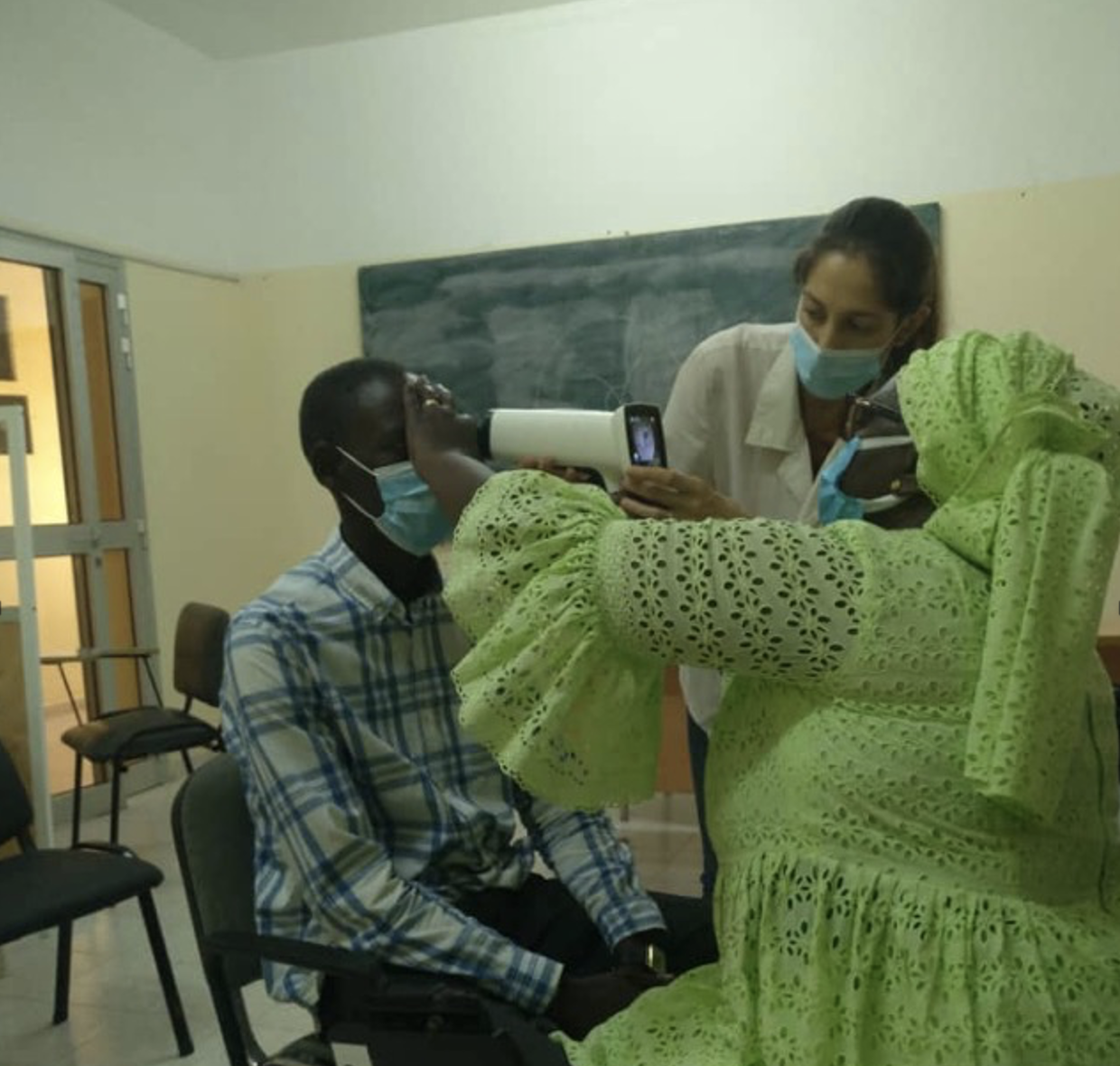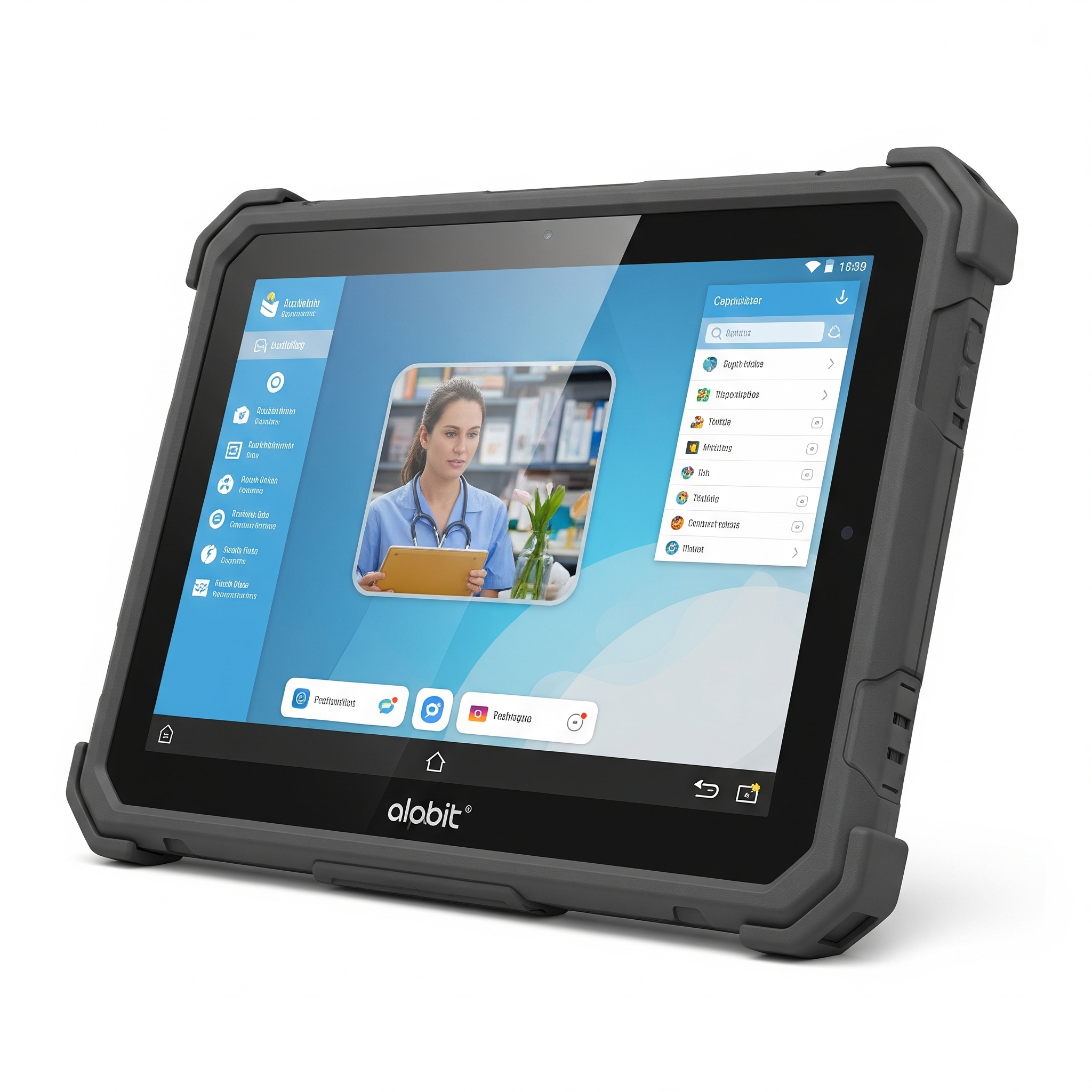Since its inception,
Be He@lthy, Be Mobile has
embraced innovation to maximize the reach and impact of digital health interventions. The initiative initially focused on
SMS-based campaigns, capitalizing on the wide coverage and accessibility of mobile networks in low- and middle-income countries. As
internet connectivity and
smartphone use have expanded globally, BHBM has evolved to explore and adopt
new technologies. Over the past five years, the initiative has supported the development of
preventive health apps, piloted
telemedicine solutions for remote diagnosis and care, and launched
chatbot-based tools to deliver
personalized health information at scale. This dynamic approach ensures
BHBM remains responsive to changing digital landscapes while continuing to address pressing public health challenges.
TELEMEDICINE & AI FOR DIABETIC RETINOPATHY IN SENEGAL
In collaboration with Senegal’s Ministry of Health, ITU and WHO piloted an AI-based system for early detection of diabetic retinopathy. The project includes:
- Portable fundus cameras for retinal imaging
- Remote diagnosis through telemedicine platforms
-
AI-powered image analysis to support screening
Over 400 diabetic patients were screened in two pilot clinics. This approach extends diagnostic reach where eye-care is limited.
| 
|
WHO mYoga APP
The WHO mYoga app is a safe, free, and secure mobile app developed
for people aged 12–65. It includes:- Guided video and audio sessions based on the Common Yoga Protocol
- No data collection — privacy-focused
- Available in English and Hindi (more languages coming soon)
Developed by WHO, ITU, and India’s Ministry of AYUSH, the app promotes regular yoga practice as part of a healthy lifestyle.
| 
|
Talking Book
A partnership between Literacy Bridge BHBM and ARM, Talking Book provides mHealth services orally through a device supporting vocal messaging. Features include speakers for group listening and local language, USB updates, user feedback microphone, and embossed surfaces for visually impaired use. It is piloted in Gabon.
| 
|
Robust tablet for health care workers in LMICs
A collaboration between WHO, BHBM, DFID, and ARM to provide healthcare workers in LMICs with functional tablets for expanded digital health delivery. Currently under development.
| 
|
